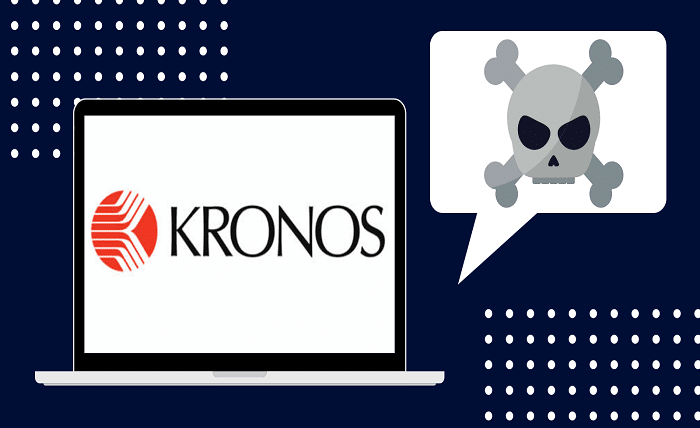The Kronos Hack, a sophisticated cyberattack that targeted the Kronos cryptocurrency exchange in 2022, stands as a stark reminder of the ever-present cybersecurity threats in the digital currency realm. This blog post delves into the intricacies of the Kronos Hack, unraveling its methods, consequences, and the lessons learned from this incident.
The Kronos Hack, which occurred on November 25, 2022, targeted the Kronos cryptocurrency exchange, a relatively new platform that had gained traction in the decentralized finance (DeFi) space. The attackers, believed to be a group of experienced hackers, employed a combination of social engineering and technical expertise to infiltrate the exchange’s systems and siphon off a substantial amount of cryptocurrency assets.
The Attack Methods
The Kronos Hack employed a multi-pronged approach, combining social engineering tactics with technical exploits to breach the exchange’s defenses. The attackers initially gained access to the exchange’s systems by phishing, a technique that involves tricking individuals into revealing sensitive information, such as login credentials.
Once inside the exchange’s network, the hackers proceeded to escalate their privileges, gaining access to deeper levels of control within the system. This involved exploiting vulnerabilities in the exchange’s software and utilizing tools designed to bypass security measures.
The Consequences of the Hack
The Kronos hack resulted in the loss of millions of dollars in cryptocurrency assets, leaving many investors devastated. The incident also caused significant reputational damage to the exchange, eroding investor confidence and disrupting its operations.
In addition to the financial losses and reputational damage, the Kronos Hack also raised concerns about the security of DeFi protocols and the overall vulnerability of the cryptocurrency ecosystem. The incident highlighted the need for enhanced security measures and improved risk management practices within the DeFi space.
Lessons Learned from the Kronos Hack
The Kronos hack served as a stark reminder of the importance of cybersecurity in the cryptocurrency realm. The incident highlighted several key lessons that can be learned to prevent similar breaches in the future:
-
Strengthen user authentication and authorization mechanisms: Implementing robust authentication protocols, such as two-factor authentication (2FA), can significantly reduce the risk of unauthorized access.
-
Regularly audit and update software: Regularly auditing software for vulnerabilities and promptly implementing updates can help identify and address potential security loopholes before they can be exploited.
-
Educate users about cybersecurity risks: Providing users with comprehensive cybersecurity education can help them identify and avoid phishing scams and other social engineering attacks.
-
Establish clear incident response plans: Having a well-defined incident response plan in place can help organizations effectively manage and recover from cyberattacks.
The Future of DeFi Security
The Kronos Hack is not an isolated incident but rather a reflection of the growing cybersecurity challenges faced by DeFi protocols. As DeFi continues to gain prominence, it is crucial to address these challenges by adopting robust security measures and fostering a culture of cybersecurity awareness.
Several initiatives are underway to enhance DeFi security, including the development of security-focused protocols, the establishment of industry-wide security standards, and the promotion of cybersecurity education. By addressing these challenges proactively, the DeFi ecosystem can create a more secure and resilient environment for all participants.
Conclusion
The Kronos hack serves as a cautionary tale, highlighting the importance of cybersecurity in the cryptocurrency space. By learning from this incident and implementing robust security measures, DeFi protocols and exchanges can safeguard their assets and protect their users from potential breaches.
FAQ
-
What was the Kronos Hack? The Kronos Hack was a sophisticated cyberattack that targeted the Kronos cryptocurrency exchange in 2022, resulting in the theft of millions of dollars in cryptocurrency assets.
-
How did the attackers gain access to the exchange? The attackers employed a combination of social engineering tactics and technical exploits to gain access to the exchange’s systems.
-
What are the lessons learned from the Kronos Hack? The Kronos Hack highlights the importance of strong user authentication, regular software audits, user cybersecurity education, and clear incident response plans.

